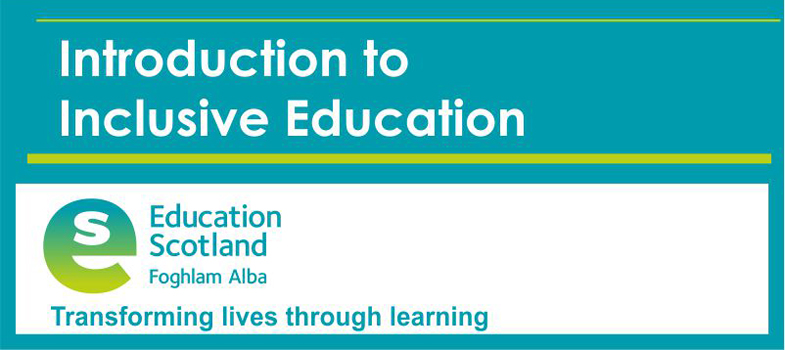3.1 Universal Support
Universal support starts with the ethos, climate and relationships within every learning environment. It is the responsibility of all practitioners to take a child-centred approach which promotes and supports wellbeing, inclusion equality and fairness. The entitlement to universal support for all children and young people is provided from within the existing pre-school and school settings.
An environment which is caring, inclusive, fair and focused on delivering learning to meet individual needs will encourage all children and young people to strive to meet their learning potential. Every child and young person is entitled to support to enable them to gain as much as possible from the opportunities which Curriculum for Excellence can provide. When a child or young person may require some additional support, this is initially the responsibility of the classroom teacher. The majority of children and young people’s needs are met through universal support.
Some examples of universal support are below – this list is not exhaustive:
- Personalised learning plans
- Literacy, numeracy or health and wellbeing support
- Enhanced transition e.g. P7 – S1
- Use of ICT e.g. digital learning and teaching resources such as digital SQA exams
- Quiet spaces
- Visual time tables
3. Universal and Targeted Support
